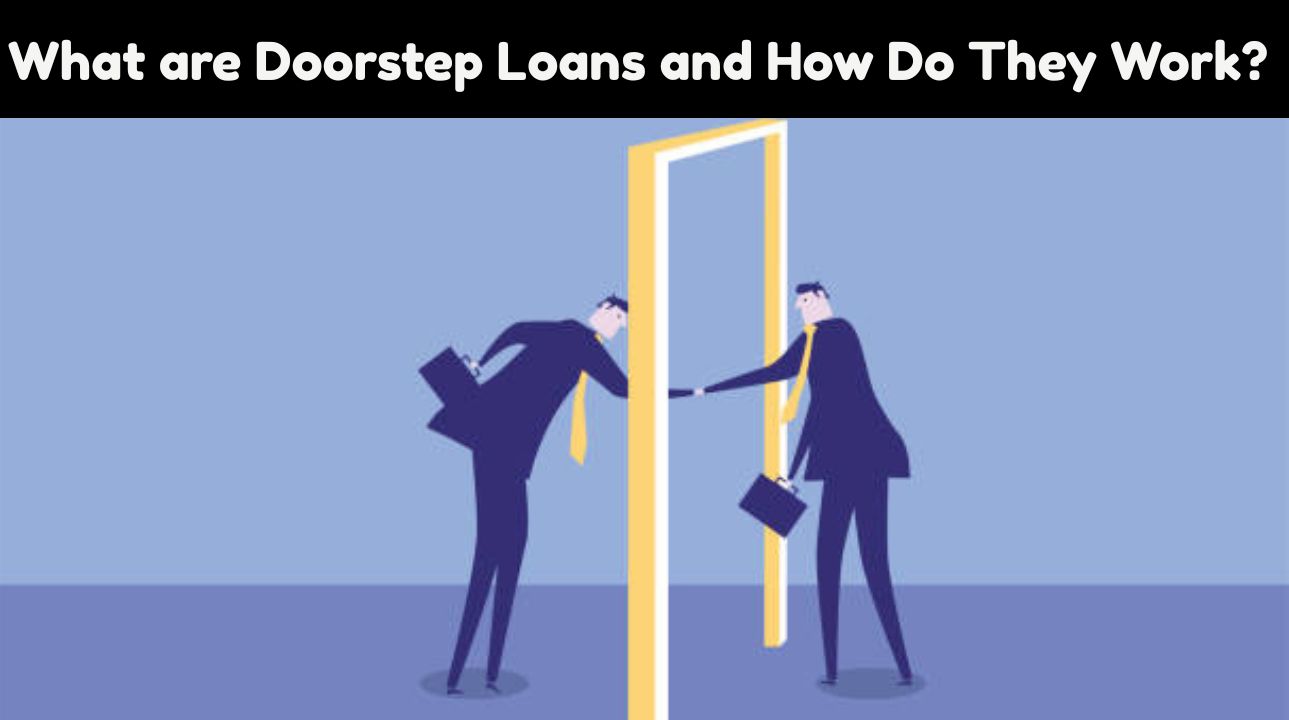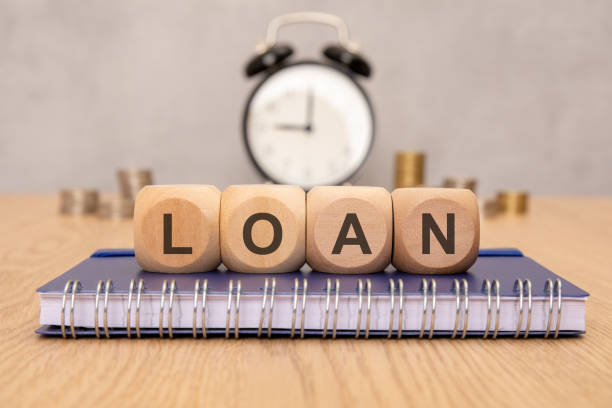
Though there is a month to go until Christmas, no time is left for putting off shopping. The more you delay, the more expensive decoration and gifts will be. You leave no stone unturned to celebrate the festivity with gusto and bonhomie.
Although there is nothing wrong with celebrating with full spirits, you cannot rebuff your finances. Every year you find your account in the red following the celebration. New Year brings in stress and a lot of worries about money.
The rising cost of living has already ruined your buying power. If you do not want to make its impact double by overspending on the celebration, you should be wary of your shopping.
After being overwhelmed by your emotions and feelings, you just buy expensive gifts for your loved ones without realising your budget is blowing up. Surprisingly, many of you turn to payday loans with guaranteed acceptance to cover your expenses.
For all online suggestions by financial experts, a large number of people are still not putting a cap on using this borrowing method. This begs a question why?
Why are people relying on payday loans for funding Christmas expenses?
There are some other loans as well and you may find them more affordable in terms of interest, yet payday loans are more popular. The latter are small loans that you can use for any purpose. They particularly aim at bad credit borrowers.
Payday loans are expensive as they carry comparatively higher interest rates. Since you have already a bad credit rating, interest rates will certainly be much higher. They are paid off in a lump sum after 14 days.
If you fail to repay the debt, late payment fees will be added and eventually, you will get entangled in a debt cycle. These loans are already notorious for trapping people in a debt spiral. Yet, they are being popular.
One of the popular reasons for it is that they do not require a credit check. It means a lender will sign off on your loan despite bad credit just based on your income sources. As it does not require a hard credit check, there is no fear of losing credit points.
What should you use payday loans for?
Payday loans are bad as they are riskier than other loans. Does that mean you should say no to these loans? No, you can take out payday loans, but the question is when you should apply for them.
Payday loans are very expensive and they require a lump sum payment. Therefore, it does not make sense to use these funding sources for planned, inessential or regular expenses like shopping.
If you are looking to use these loans for Christmas shopping, it will be a bad idea for sure. Payday loans have been designed to help with emergencies. Only if you come across unforeseen expenses should you apply for these loans.
Because you do not have a budget for shopping, it cannot be considered an unexpected expense. Payday loans could be the best bet when you have a bad credit rating as you can avoid a further plunge in your credit points.
However, you should carefully check your financial condition to ensure you will not end up missing a due date.
How can you make the best of payday loans?
If you do not want to get into the trap of the payday cycle, you should consider applying for these loans only when you come across financial emergencies. In addition, you should bear the following suggestions in your mind:
- Calculate your repaying capacity
A lender will just look at your current income sources to determine your repaying capacity and then sign off on the loan. If you are unemployed, your income from benefits, dividends, and rent will be considered your income.
Getting a payday loan is so easy that you can get them by text and thereby called payday loans via text. A lender will quickly make a decision and transfer money directly to your bank account.
Remember that the decision was made based on just your current income source. It is likely that you can come up with an emergency in a period of 14 days. This will make it harder for you to repay the debt on time.
As a result, you will roll over the loan and this cycle will keep going on. Therefore, you should not just make a decision based on your current income sources. Make sure you have a scope for payment even if your financial situation has changed before the due date.
Use an online calculator to see how much it would cost you. Remember that the actual cost will be higher because of processing fees. If you are sure you can meet all of your expenses without skipping the payment, you are free to go.
- Borrow as little as possible
While some lenders do not allow you to borrow less than £1,000, other lenders will allow you to borrow as little as £100. The purpose behind lending such a tiniest amount is that you do not struggle to borrow as per your need.
If you need only £150, you should not even make it to £160. Try to adhere to your needs. If you have speculation, it is suggested that you determine the actual amount you need.
If it is not possible at the moment, make sure you cover the part of funds from your emergency cushion. The least you borrow, the better it is. Stash away money so you can dip into it when you need funds.
Dipping into them is a better option than rushing to online lenders. You can avoid paying a very high amount of money as interest.
The bottom line
You can make the best use of payday loans during Christmas, you should determine if you can repay the debt. Even if you need the money for shopping, though it is not recommended, make sure you do not struggle with payments.
Borrow what you need. Extra borrowing will just make it tough for you to repay the debt.

Jessica Rodz is the Senior Content Writer at Cashfacts. She has a long career in the field of content writing and editing. Jessica has the expertise in the UK lending marketplace where she has worked with 7 different lending organisations and acquired many responsibilities from preparing loan deals and writing blogs for their websites.
At Cashfacts, Jessica is managing a team of experienced loan experts and doing a major contribution in guiding the loan seekers via well-researched blogs. She has done graduation in Business (Finance) and now currently doing research papers on the UK financial sector.





